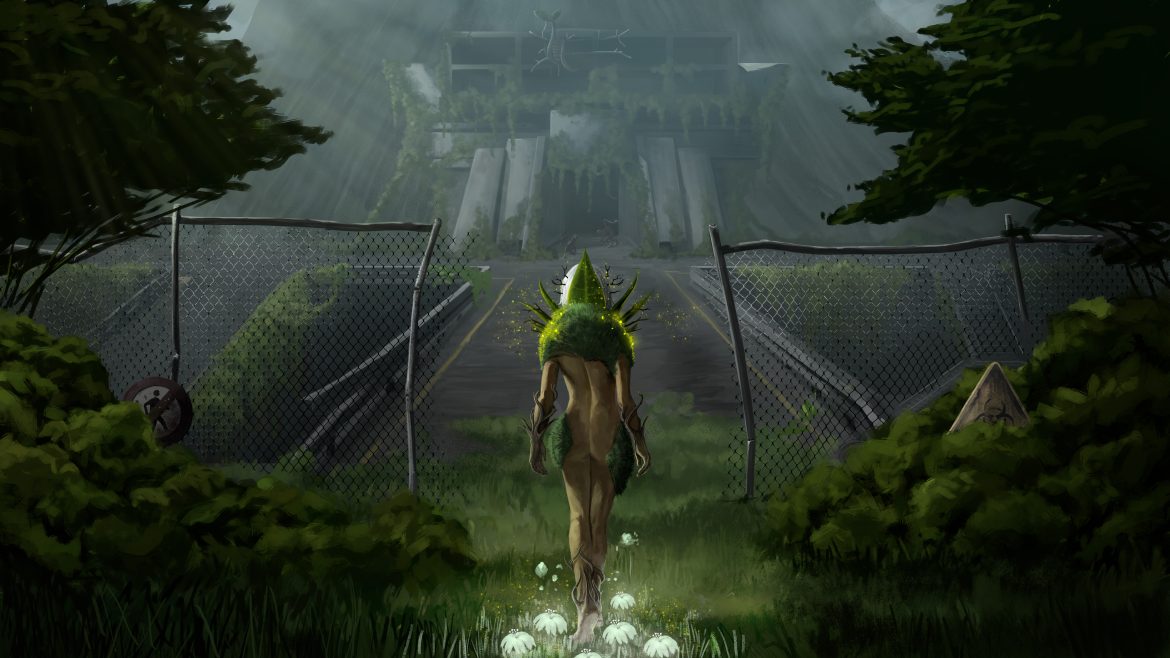TL;DR
If you loved the atmosphere and gameplay of Inside, you might be drawn to One Last Breath, a visually similar indie title where you play as Gaia, tasked with restoring Earth after humanity's extinction. While it boasts a compelling atmosphere and unique mechanics like root manipulation, the game heavily borrows from Inside's design and struggles with imprecise controls and overly simple puzzles. Despite its unique elements, it doesn't quite capture the magic of its inspiration. Curious to see if it's a worthy successor or just a pale imitation? Dive into the full review for the complete breakdown.
In One Last Breath, players are introduced to Gaia, a character born from Mother Nature’s final exhalation. Gaia is tasked with restoring ecological equilibrium and, ultimately, saving the Earth. With humanity extinct, Gaia faces opposition from mutants determined to eliminate her and impede her progress. The remnants of civilization, including abandoned structures with operational sawmills and other hazards, also present significant dangers. Players must guide Gaia through these ruins to revitalize the planet.
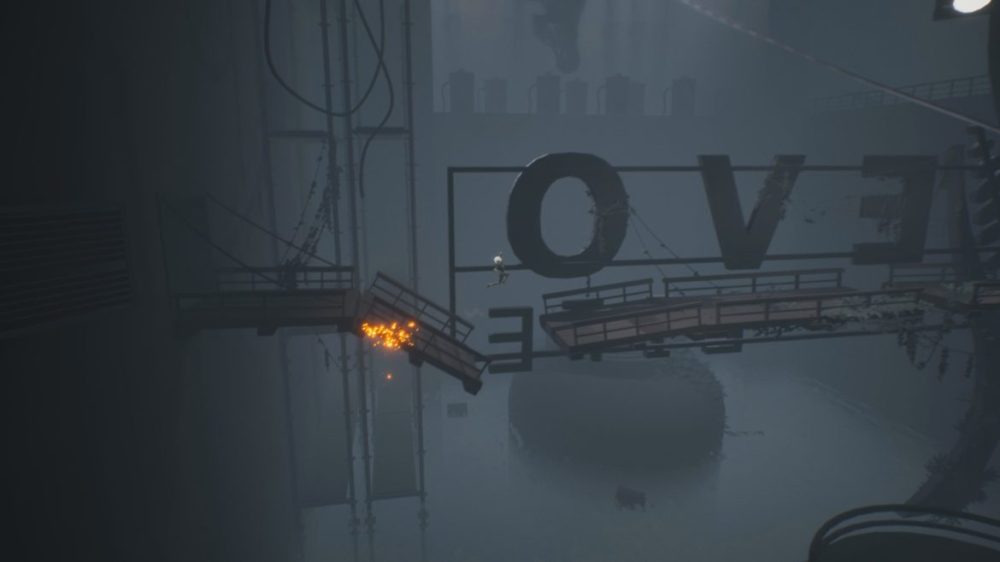
Upon viewing the trailer for One Last Breath, the visual similarities to Playdead’s Inside were immediately apparent. Inside holds a special place as a personal favorite, having been played through multiple times. The game’s conclusion, in particular, is exceptionally well-crafted and consistently satisfying. Owning Inside across various platforms—phone, computer, Playstation, Xbox, and Switch—reflects a deep appreciation for the title. While awaiting Playdead’s next release, the anticipation for a game of comparable quality has been significant. Consequently, One Last Breath initially appeared to be a potential contender.
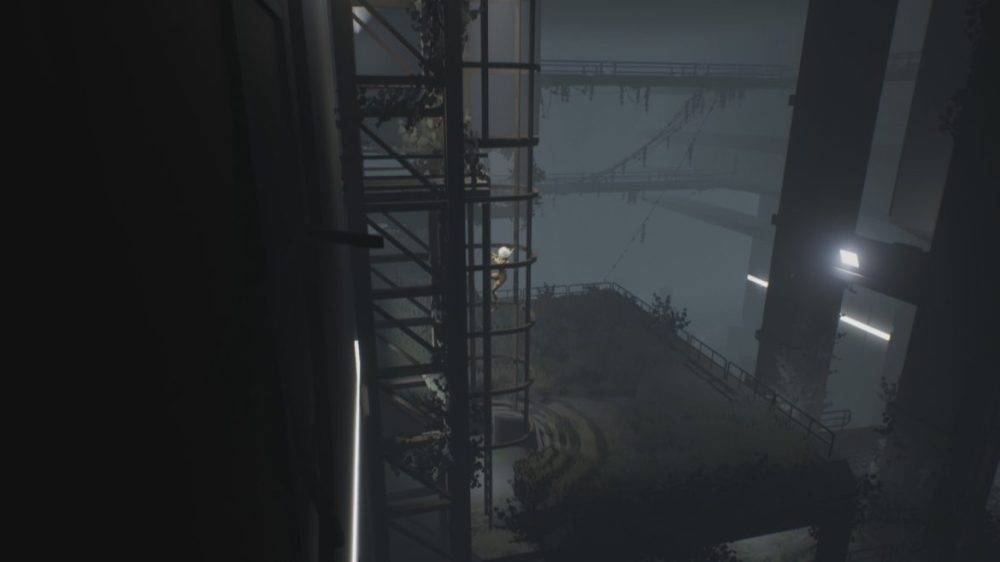
However, One Last Breath presents itself as a derivative work, bearing a strong resemblance to Inside without fully capturing its essence. While visually appealing, with well-designed environments and a compelling atmosphere, the color palette and overall aesthetic closely mirror Playdead’s title. Similar to Inside, gameplay mechanics involve jumping, object activation, and manipulating boxes to access new areas. The removal of nailed boards from doorways is also executed in a strikingly similar manner. Discovering a bonus section featuring a glowing gadget and the subsequent manipulation of a glowing object further exacerbated the feeling of unoriginality. There is a distinction between drawing inspiration from a source and directly replicating elements from it.
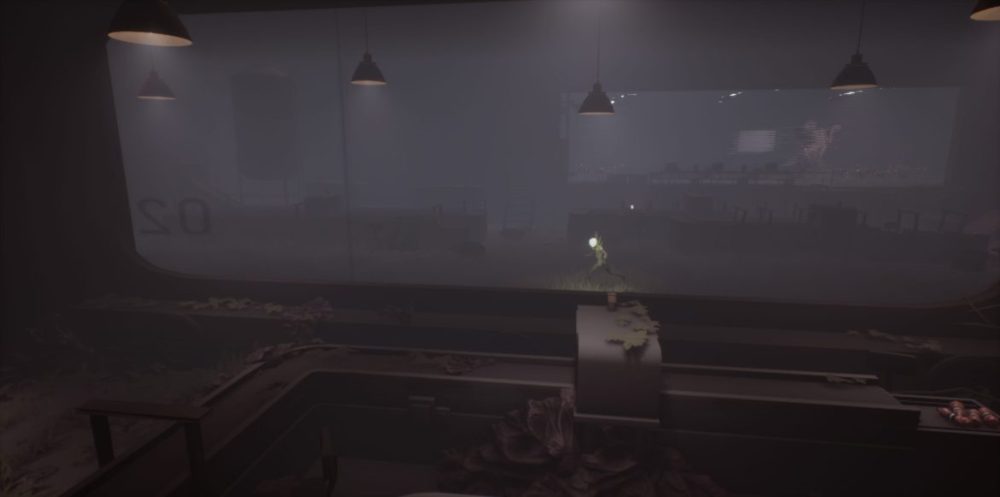
One Last Breath incorporates unique mechanics, such as manipulating tree roots to create pathways or bridges and swinging between ledges. However, the execution of these mechanics lacks the precision desired, resulting in occasional unintended falls during relatively straightforward challenges. Issues arose from an inability to simultaneously jump and swing, as well as sensitivity in the “force” mechanic. Furthermore, the simplicity of the puzzles and challenges requires minimal problem-solving.
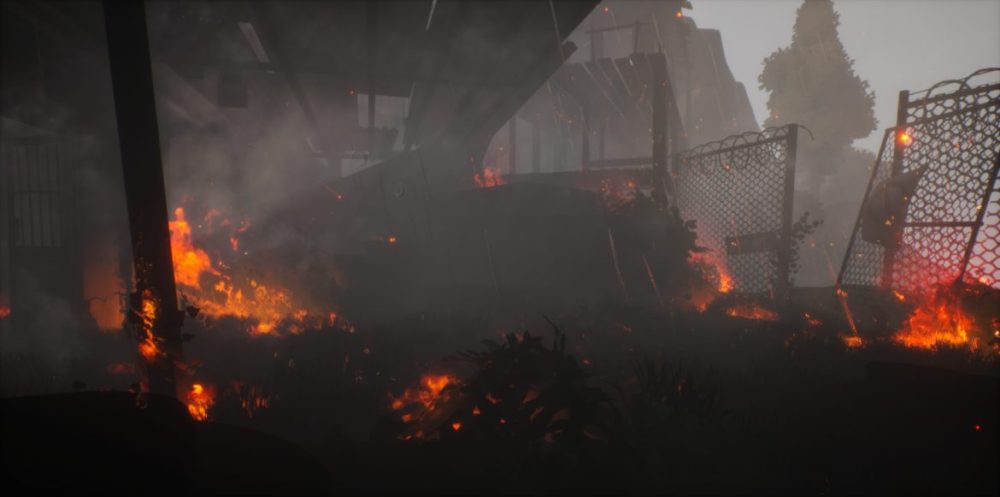
In conclusion, One Last Breath is not inherently a flawed game; it boasts a distinctive visual style, atmosphere, and narrative. However, its significant similarities to Inside, coupled with its inability to match the gameplay innovation and overall enjoyment of the latter, prevent it from achieving a higher score. The experience may differ for players unfamiliar with Inside.
Catness Game Studios provided a review code for this assessment. Provision of material does not influence our editorial reviews.
